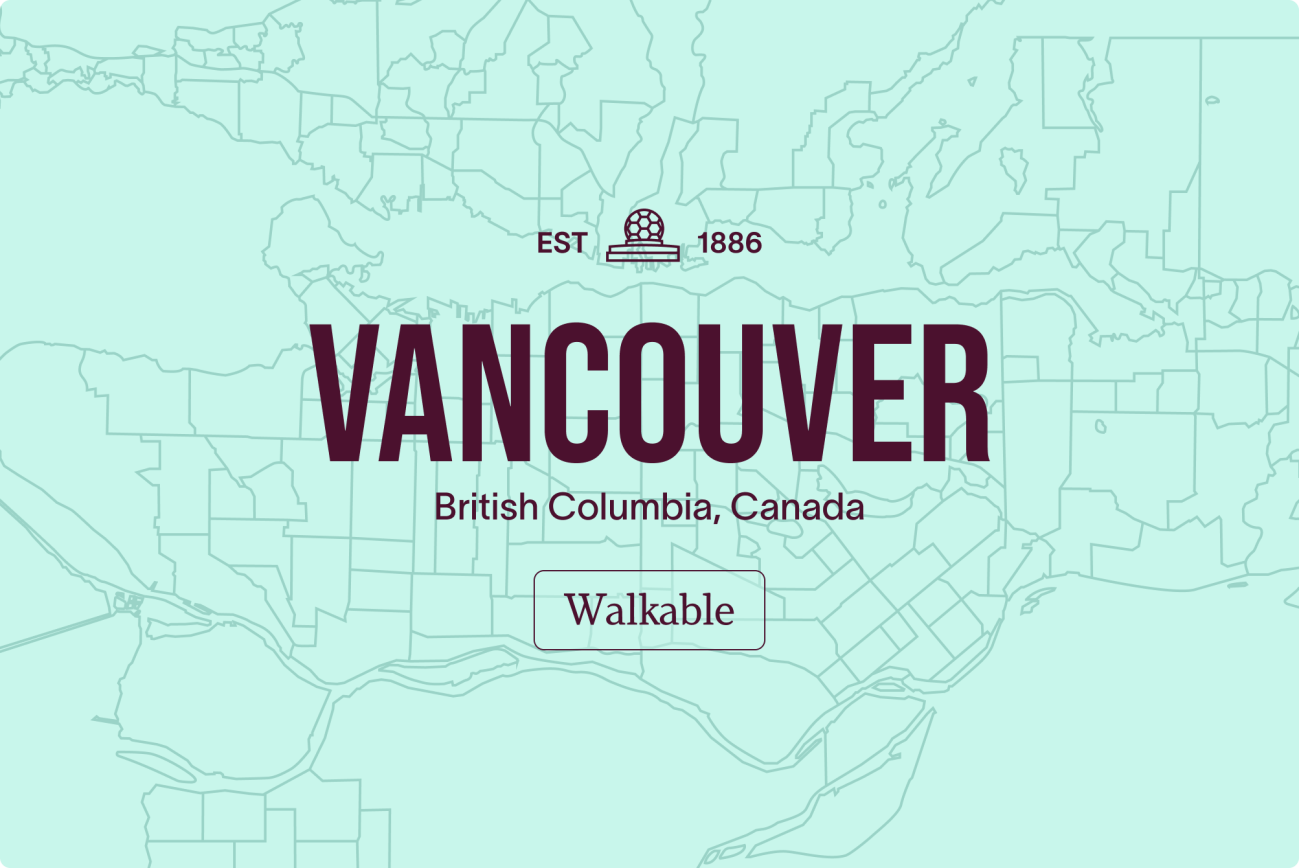Mortgage insurance is a type of insurance that protects you and your lender in case you’re unable to make mortgage payments. With any mortgage insurance you pay a regular fee that acts as a premium towards potential future events. Different kinds of insurance protect either the lender or the buyer, and they’re often worked into your monthly payment.
How does mortgage insurance work?
Mortgage insurance can serve two purposes: it can protect the mortgage lender in case you default, and it can protect you in case life events change your financial situation. Mortgage default insurance could help you afford a house even if your down payment is small, and mortgage protection insurance could keep you from losing your house if you lose your job.
Learn the difference between default and protection insurance so you can purchase the right insurance for your needs.
Mortgage default insurance
Default insurance could give you the boost you need to qualify as a buyer, even if you only have money for a smaller down payment. But keep in mind that default insurance protects the lender, not the buyer. Default insurance ensures that lenders still get their money if you can’t pay your mortgage. Default insurance does not prevent foreclosure or your credit score from being impacted from non payment. Most people pay their mortgage insurance monthly in addition to fees included in closing costs.
Optional insurance protects the buyer
If you become critically ill, disabled or lose your job, protection insurance could be the difference between losing and keeping your house. Each kind of insurance offers different benefits and qualification requirements. Your medical history or employment records might affect the kind of insurance you’re eligible for. Most mortgage lenders offer protection insurance as a premium on the mortgage you pay, which is factored into your monthly payments if you agree to it.
- Mortgage lenders should carefully assess your financial documents and make you clear offers based on what loans are available to you. Federally regulated bank lenders are legally required to sell you appropriate goods and services and to tell you if a product doesn’t serve your needs.
- Ask questions to make sure you fully understand the insurance product you’re considering. Make sure your lender can explain what you’ll have to pay, how you’ll pay it, who it protects and what the terms are.
- Calculate closing costs, appraisal and inspection fees, legal costs and monthly expenses as you anticipate what it will cost to secure and live in your new home. Your financial advisor can help you look at the big picture to make sure you’re not committing to a mortgage that’s beyond your means.
Do I need mortgage insurance?
Default insurance is required in Canada if your downpayment is less than 20 percent of the purchase price. If you’re paying a 5 or 10 percent downpayment, you won’t be able to buy a home without mortgage default insurance. There’s also optional protection insurance like mortgage life insurance or disability insurance that can pay off your mortgage in the case of your illness or death, or help you afford payments if you become ill. Optional insurance has to be expressly agreed to and isn’t legally required.
How to get mortgage insurance
You’ll need to qualify for default insurance with a set credit score and debt ratio that the insurer allows. The Canadian Mortgage and Housing Corporation (CMHC), Sagen and Canadian Guaranty all have their own protocols to qualify. The CMHC currently requires a credit score of at least 600 but these numbers change, so ask your insurer about requirements.
Houseful can help you make smart decisions
Homebuying can be a daunting process, Houseful provides support and guidance at every step of the way. Sign up at houseful.ca.




